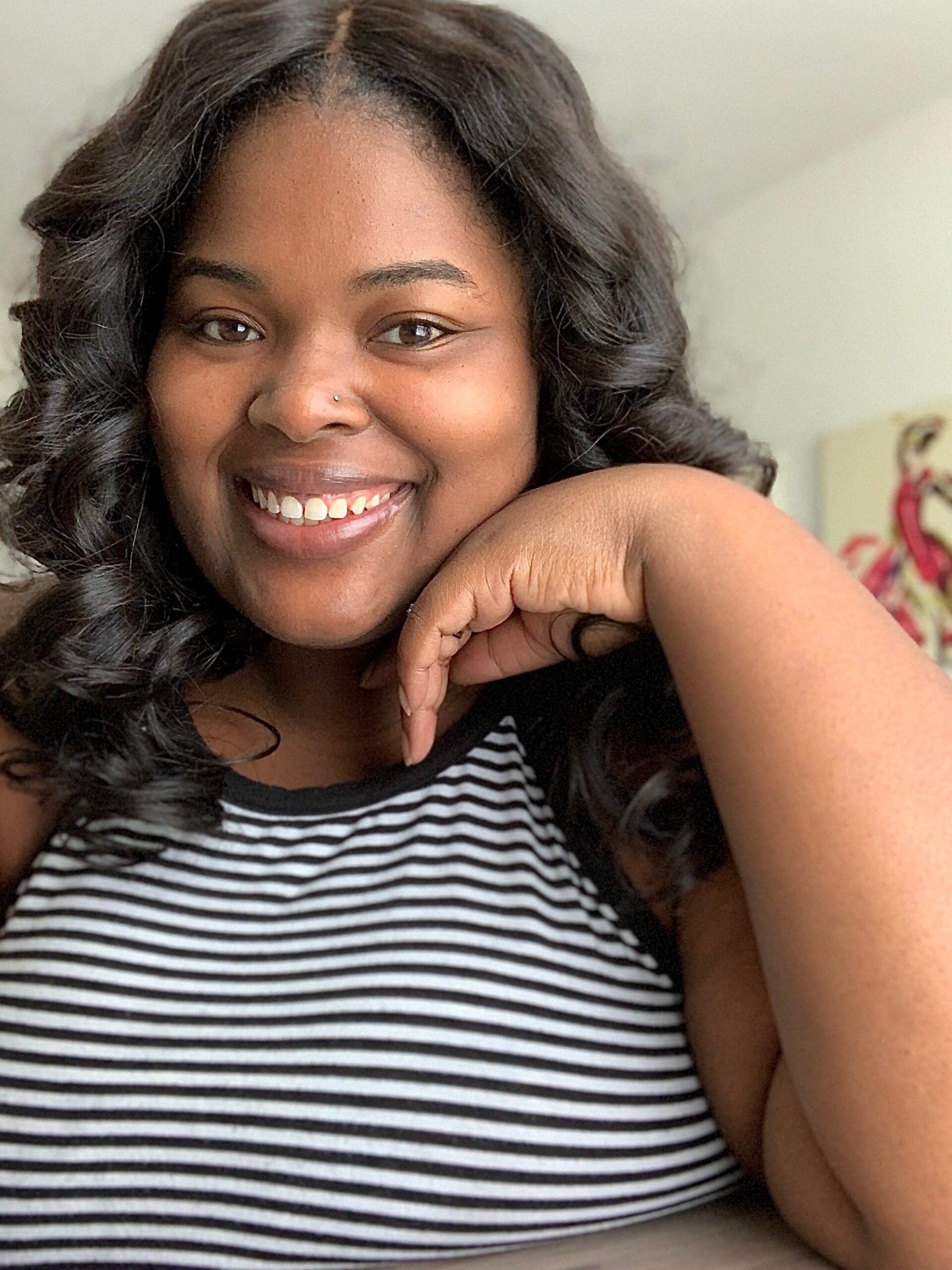
It’s a fact of life that your tween will need to deal with situations that will cause them to feel anger, sadness, and disappointment. In fact, I’d bet that you can think of some times that have already come up. When parenting tweens, it’s normal to have no clue what to say (especially if you’re also worried about saying the WRONG thing).
I’ve got you, boo! Keep on reading for tips that will help you know what to say to help your child build coping skills that will help them navigate disappointing situations.

1 – You’re telling them “You’ll be fine.”
I know that feeling of wanting to help them feel better when you can see that they’re hurting – and that’s a GOOD thing! You obviously care about them! This phrase, as helpful as it seems, actually can further alienate your tween. It often has the opposite effect of making them feel better, instead making them feel dismissed and pushed aside. It’s a quick way to bring the conversation to an abrupt halt and lose a golden opportunity for helping them to build coping skills to help them in the future.
Instead, try saying:
- You have every right to feel (insert emotion here). I’m here if you want to talk more about it and I’ll help answer any questions you have.
- It sounds like you’re feeling really (insert emotion here). Do you want to talk more about it?
They might not want to talk about it at that moment – and that’s okay! It’s not personal, mama. Give them the space they need. Just remind them that you’re there and that you care (did you catch that rhyme? #lyricalgenius over here!).
2 – You’re listening to have something to say back to them.
“Wait – isn’t this a blog about communicating? Doesn’t that require a response?” Yes and yes. BUT – your response should be grounded in empathy and understanding where they are. As my girl Brené Brown would say, get in the hole with them! (sidenote: check out this great video on empathy to catch that reference) Listen to them with the sole purpose of understanding where they are and ask questions to get to the heart of how they’re feeling. This is a great time to also share how you’ve experienced similar emotions.
Instead, support them and help them develop their coping skills by saying:
- Wow, I can tell that you feel really (insert emotion here) about (insert situation here). Tell me more.
- I can tell (situation) was really important to you and now you’re feeling really let down. I’ve felt that way when…
3 – You haven’t shifted your focus yet from being reactive to proactive.
Many of us (raises hand) are very reactive – responding to a situation we’re in because we desperately want to get out of it FAST. No parent wants to see their kids hurting and it’s totally normal to jump straight to solving the problem for them. But conversations about disappointments are excellent opportunities to help them learn coping skills to manage future situations that bring up similar emotions. Ask questions that encourage them to reflect on the situation and how they plan to solve it. This self-reflection will help them to work through their emotions with this problem AND give them the tools they need to navigate future situations. T
To help build up those coping skills, try asking open-ended questions like:
- I know that this situation has a lot of things that feel like they’re outside of your control, and that’s valid. What do you think you CAN control here?
- I can tell you’re really hurting right now and I hate that I don’t have an immediate fix for this. I know that you can handle this! What do you think you can do right now to help you cope with your (insert emotion here).
And if they say they don’t know, try asking “Well if you did know, what might you say?” I swear, it’s a tried and true miracle worker type of question!
Alright, girl. Try out these tips and let me know how it goes. I’d love to hear from you!
You’ve got this 🙂
Lots of love,
Ashley
P.S. – Want more like this? Sign up below to get a free guide with 32 different conversation starters to use with your middle schooler – straight from me to you 🙂



